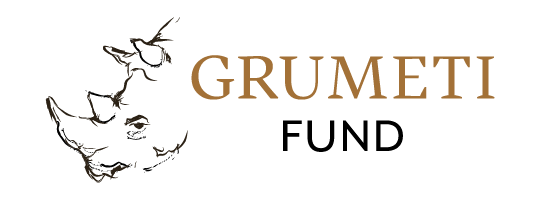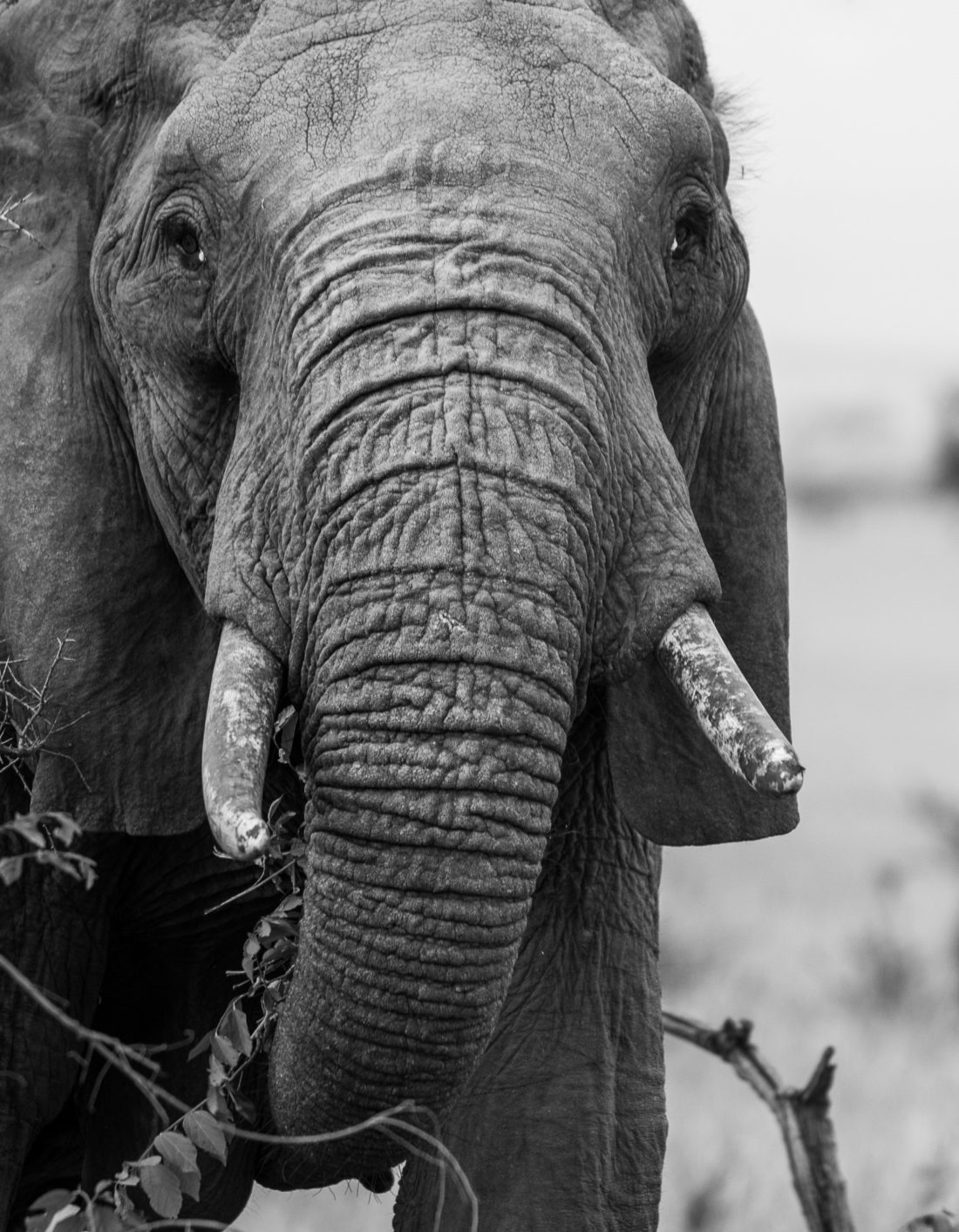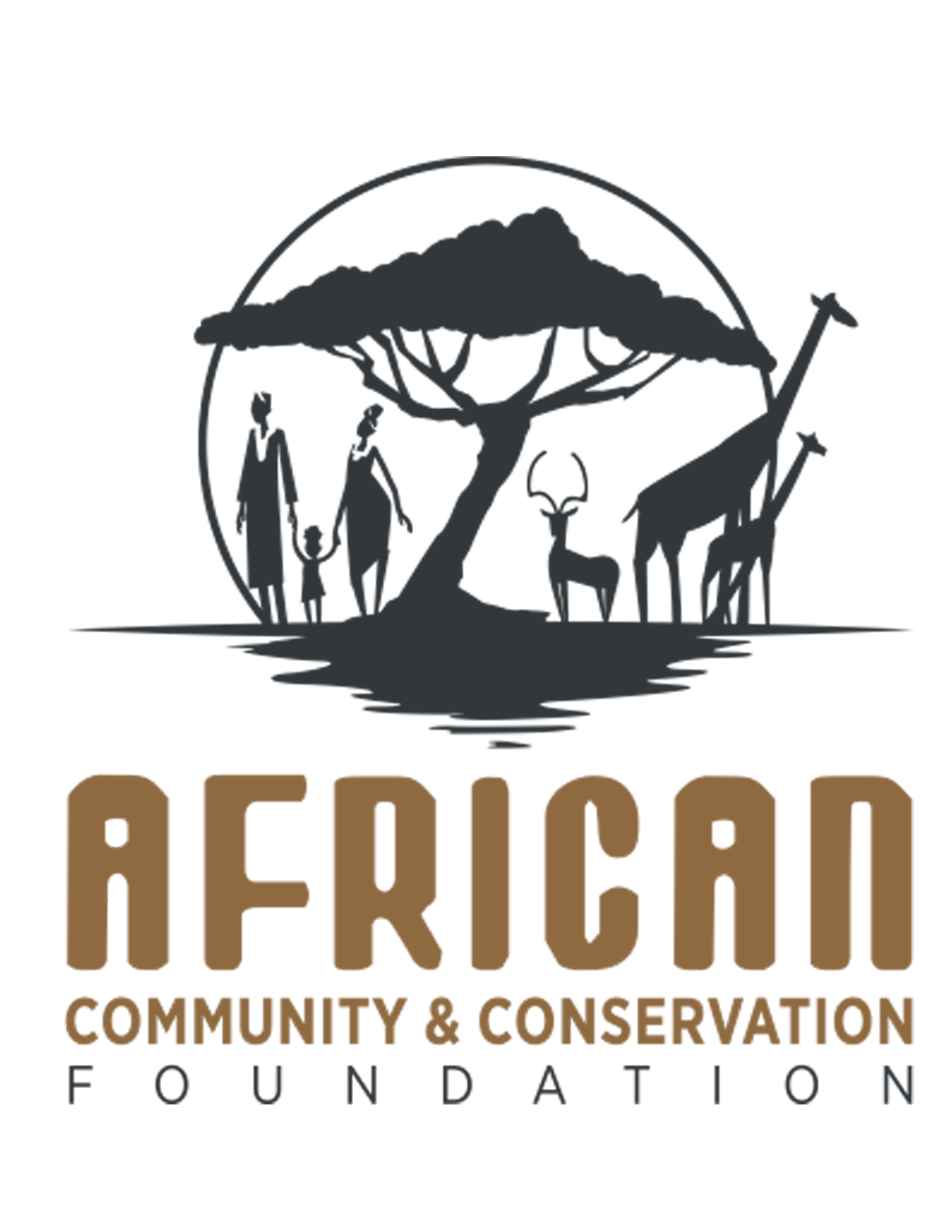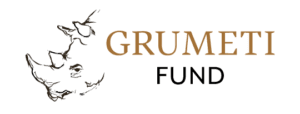An Elephant’s Rescue
This past week the Grumeti Fund in partnership with the Tanzania Wildlife Research Institute (TAWIRI), saved an elephant’s life.
On October 12th, a bull elephant was seen with a grotesquely swollen front-right leg and a badly slashed trunk. He was hobbling on three legs between water and food and barely surviving; it was clear he would not last much longer in this incapacitated condition. He was located on the boundary of the protected area and the village grazing land – a vulnerable place for an immobile elephant to be, because of the human-wildlife conflict tensions with local communities.

After careful observation of the elephant it was concluded that he was suffering from human-induced injuries – most likely caused by a bullet, spear, arrow, panga blade or a combination of these weapons – so the Grumeti Fund immediately set to work to develop a plan to try and save the elephant. The anti-poaching team deployed game scouts to ensure the big bull’s safety, while the conservation management team monitored his condition and coordinated with TAWIRI for wildlife vet, Justin Makuru, to treat his wounds.
Early Sunday morning, the team gathered at the site where the bull elephant was lying down – the weight and pain of his injured leg proving too much to bear. Gathering all the necessary gear – including darting equipment, medicines, medical instruments, water and rope – the group set off to dart him. A somber mood prevailed as the tight knit team focused on the task ahead. Once sedated the team quickly moved in and set to work.


With the aid of a metal detector, the law enforcement manager identified a large metal object still lodged inside of the elephant’s leg. Making a careful incision the team successfully located and removed a large metal arrow head from the injury site. The wound was then cleaned and the old bull was treated with penicillin and long-acting anti-biotics to counter the infection emanating from the arrow wound. His trunk, which had a nasty maggot-infested gash from a panga (or machete), was also cleaned and treated.

With his wounds cared for by the team, the elephant had to be moved onto his other side so that he would be able to use his good front leg to stand up when the immobilization drug was reversed. Using a land cruiser and a very strong rope he was carefully rolled over. Soon after he stood up without much struggle. Since then, Grumeti Fund game scouts have stayed with him to monitor and protect him as he slowly recovers and regains his strength. The scouts have reported that he is eating, drinking and beginning to put weight on the injured leg.




Unlike many other elephants in Africa, this bull was not being targeted for his ivory. He is a victim of human-wildlife conflict. But he is also not the only victim… The impoverished family whose subsistence crop he attempted to raid is just as much a victim of human-wildlife conflict. It is likely that in an effort to protect their livelihood, the farmers shot the elephants with arrows, threw spears, and slashed his trunk with a panga. Human-wildlife conflict is a very real and widespread issue in rural Africa.
The Grumeti Fund works tirelessly to ensure local communities are protected and that wildlife is protected. Of course, there is always work to be done to make sure incidents like these do not re-occur, but we are extremely happy that the elephant bull has survived and we will continue to work with local villages to provide solutions for human-wildlife conflict.
Currently, the Grumeti Fund has several projects underway to address this issue:
- A human wildlife conflict mitigation team which has been specially trained to move elephants from the village land back into the game reserve.
- Post-doctoral research being done to better understand what, where, when and how human wildlife conflict occurs. Properly understanding the problem is key to more effectively addressing and mitigating human-wildlife conflict.
- Camera traps have been deployed to identify where and when animals like elephants are moving into the village land and raiding crops.
- An elephant collaring project whereby elephants will be fitted with GPS collars, allowing us to monitor their whereabouts and proactively protect them and local residents from further human-wildlife conflict.
If you are interested in joining us on an elephant collaring participation safari in early 2018, then please email: info@grumetifund.org





